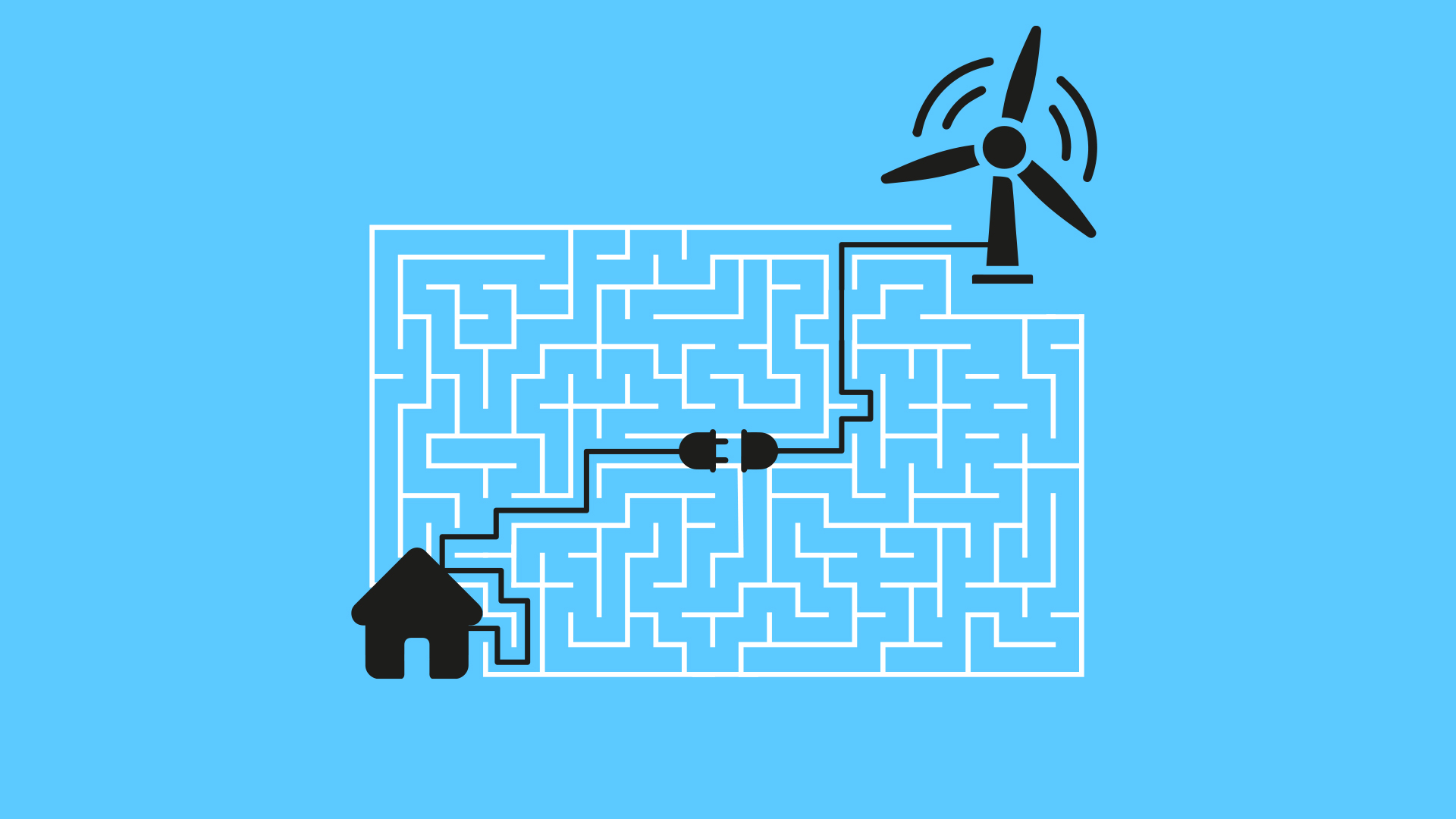There is a lot of debate at the moment about net zero and what it means for all of our lives. We’ve seen a recent government announcement on the date for the switch to electric cars as well as lots of discussion about how heat pumps could replace gas boilers in our homes.
There is one element which is perhaps less talked about but is crucially important – electricity networks. Will we have enough green power to meet demand and will the grid be ready to transport it around the country? The answer is yes. Let me explain why.
Britain has already made amazing progress when it comes to green energy. Record levels of renewable power are already connected to our network, powering homes, hospitals, schools and businesses. In the years ahead, even more of our energy will come from renewables as part of the transition to a cleaner, greener future.
The government has committed to 50 gigawatts of offshore wind power by 2030, up from 14 gigawatts today – that’s enough to power every home in the country. So there is enough power, but what about the grid needed to transport it?
Get the latest news and insight into how the Big Issue magazine is made by signing up for the Inside Big Issue newsletter
Over the last 18 months, energy has been centre stage, with millions of households and businesses concerned about their energy bills. Continuing our progress towards green electricity is the most effective way to ensure energy security and affordability – put simply, power from the wind and sun is cheap, much cheaper than imported gas. We need to build new infrastructure, as well as upgrade the existing grid, to bring this clean, green energy from where it’s generated to where it’s needed by homes and businesses.









